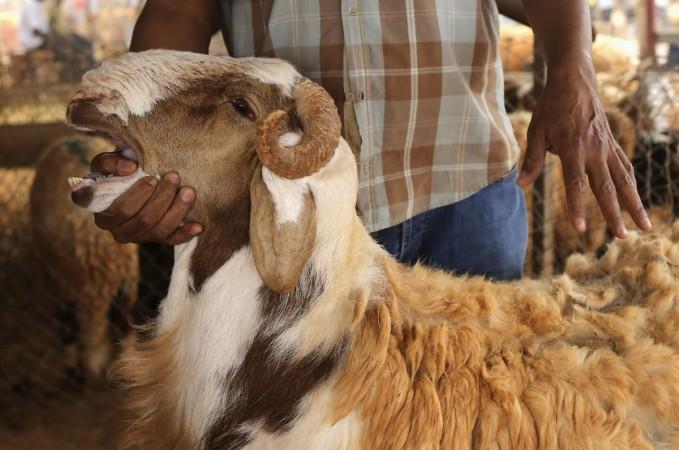Eid al-Adha, one of the two official Islamic holidays, is only days away. Also known as Bakrid or Eid of sacrifice, the festival marks the culmination of the hajj rites and it is celebrated by Muslims all over the world. This is the second year Eid al-Adha celebrations will take place amid COVID-19 and with necessary restrictions to prevent the further spread of the virus. In view of the current situation, Karnataka's religious head of the Muslim community Sageer Ahmed Rashadi issued detailed guidelines on how to celebrate Bakrid.

The "Ameer-e-Shariath" listed down important guidelines on how to celebrate Eid al-Adha in light of COVID and keeping in view the sentiments of people of different faiths. In an advisory issued on Wednesday, Sageer Ahmed Rashadi said:
- Eid al-Adha prayers are to be offered in mosques only while maintaining physical distance and wearing face masks.
- While it is customary to offer Eid namaz at Eidgah and open grounds, Eid al-Adha prayers in Eidgah or open grounds or even roads and streets are prohibited.
- Muslims are advise to strictly maintain cleanliness during sacrifice.
- Strictly ensure blood of the sacrificed animal isn't let out in the streets or in the roads.
- Do not record videos of sacrificing animals and further share them on social media.
- Do not take the animals in streets for the purpose of advertising
Eid al Adha
Eid al-Adha is also known as Greater Eid and it translates to "festival of sacrifice" or feast of sacrifice." Bakrid is celebrated on the tenth day of Dhul-Hijjah - the last month of the Islamic calendar during which the holy pilgrimages are performed. In India, Eid ul Adha will be celebrated on Wednesday, August 22.
![[Representational image] Eid Mubarak](https://data1.ibtimes.co.in/en/full/696266/eid-mubarak.jpg?h=450&l=50&t=40)
Eid al Adha is a festival when Muslims sacrifice cattle like sheep, goats, ram, cows and camel, to honor Prophet Ibrahim's submission to God's command to sacrifice his own son. The act was so dear to Allah that sacrifice was mandated on all Muslims performing Hajj and those are financially capable.












